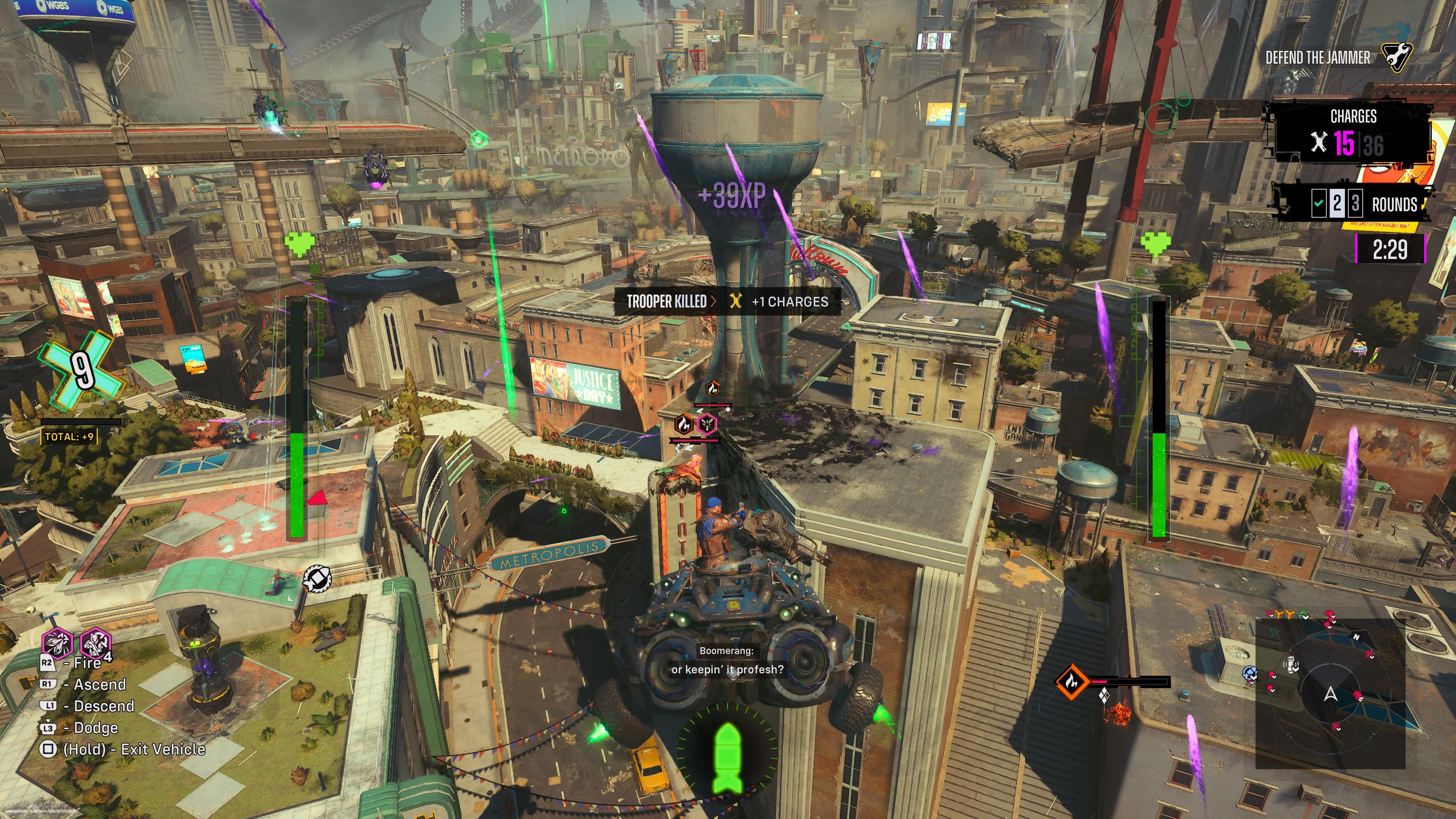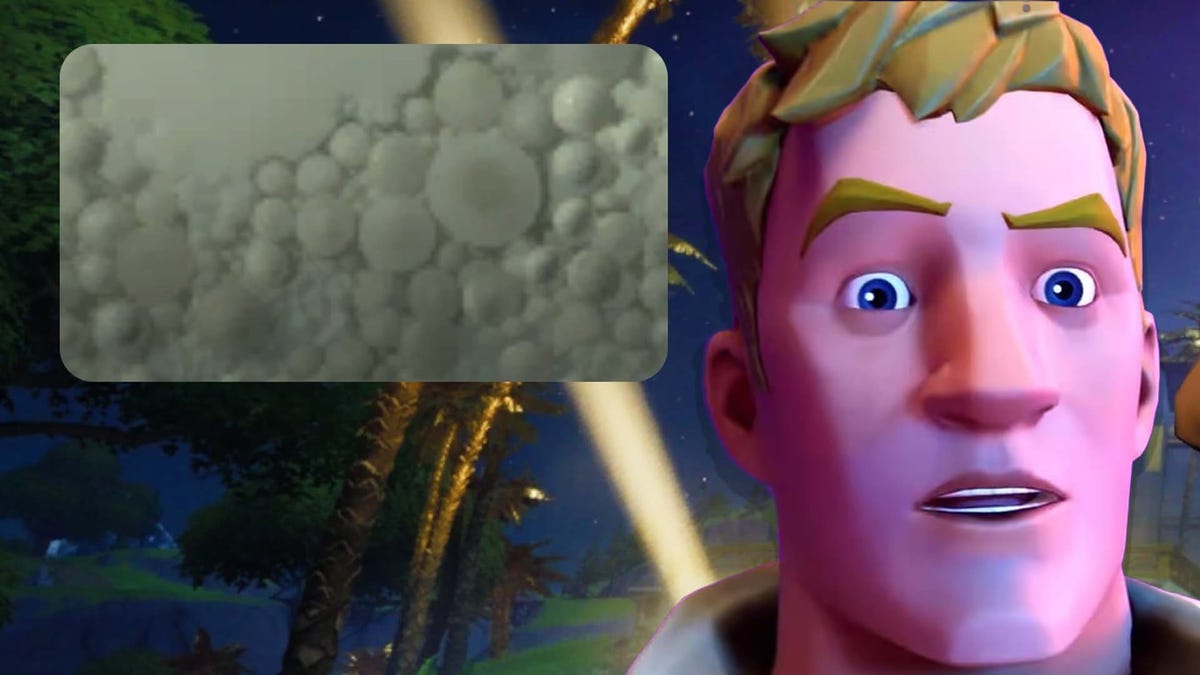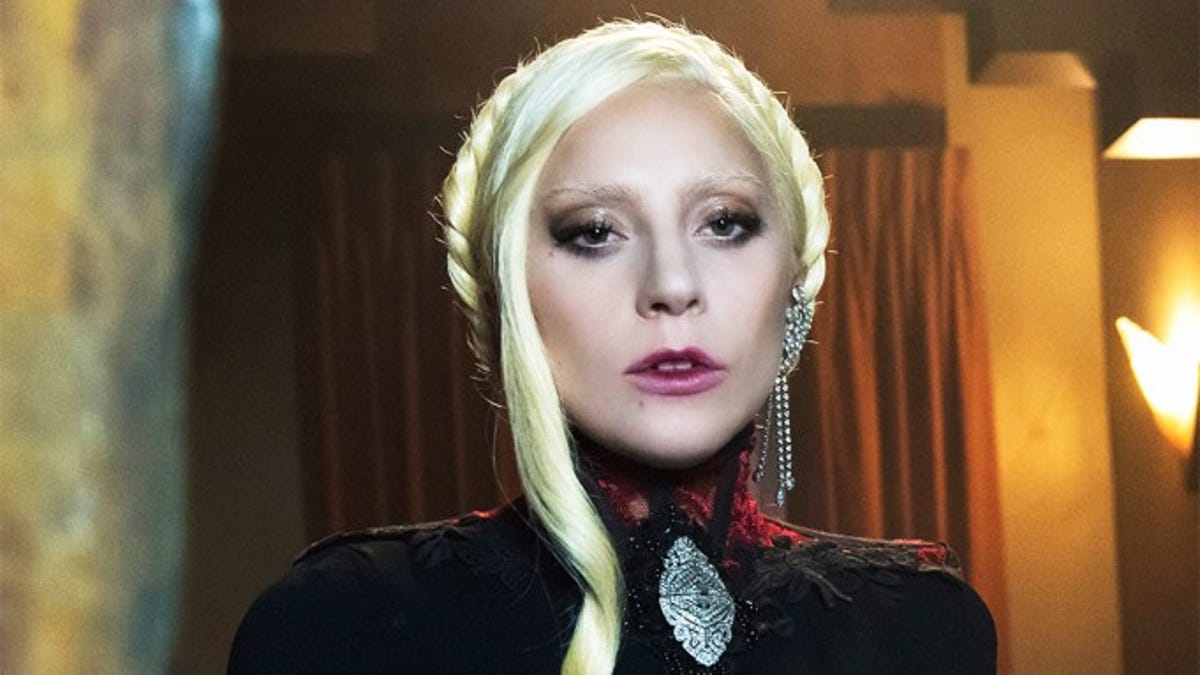Playing, analyzing, and ultimately writing this review of Suicide Squad: Kill the Justice League was, to say the least, a stressful experience, perhaps even too much. It’s not because the game is one of the worst I’ve ever played. In fact, I believe there are many mediums and assumptions "Content creator" They use too many words when criticizing the game. You risk confusing disappointment with something that’s objectively bad, and it’s perhaps crucial to note right from the start that there are aspects of the overall Suicide Squad experience that are impressive; It would be really stupid to say otherwise. We can and should engage with these things, because through the lens of what the studio is nailing, we arrive at the simply gigantic disappointment, the rotten core, the corrupt heart that rests at the soft center of Suicide Squad.
It’s disappointing not just because parts of the studio (minus the creative minds at the end) gave us one of the best game trilogies in recent memory. It’s disappointing, because Suicide Squad: Kill the Justice League is the sad culmination of a generally annoying trend of single-player game studios choosing, or being encouraged, to follow the frustrating trend of live service. This happens despite the games produced being fundamentally worse and helping to destroy the studios’ reputation. {Anthem}, {Redfall}, {Babylon’s Fall}, the canceled {The Last of Us Multiplayer}, {Marvel’s Avengers}… the examples are just too numerous and most of the time it’s sad and exhausting. We don’t know every single one of these stories, but Jason Schreier has taken us behind the scenes at both BioWare and Arkane, and it’s funny that it’s not just the games that end in disappointment when dedicated and experienced single-player studios come to terms with each other . You start the call "Live service gold rush", but conditions working on these controversial projects are just as bad. What situation is {Suicide Squad}?
After completing about half of the campaign, I shared my first impressions of the game in an article (which you can read here), where I first pointed out that there are parts of this experience worth mentioning, to be highlighted and praised. I still think the same, and it’s worth emphasizing that Rocksteady is one of the best studios in the world when it comes to scenery, narrative construction, motion capture, facial animation and set design. It’s not just about technology; It’s about understanding the visual language behind each character and area and placing the characters in the scene in a way that makes it exciting to watch what’s happening. And boy, do they get it.
But from here we just go deeper and deeper into a depressing hole of resentment, anger, disappointment and resigned excess. I’m not happy about throwing away a game that I would have liked at first glance and really wanted to love. Although the live service model has proven detrimental to the industry, with the big boys at the top unable to moderate or even make a critical judgment about which studios should and should not take on such a project, I am I don’t mind the concept. There are good live service games, there just are. But {Suicide Squad: Kill the Justice League} is an example of everything wrong with the premise.
Every critical part of {Suicide Squad}’s core loop, from interface design to enemy variety, from boss fights to side content, from skill selection to loot design, is hopelessly compromised. To the point where it’s really difficult to keep track of everything. Therefore, I must leave some of the traditional structure of the review to the higher powers and give in to the desire to transform parts of this text into a looser digression.
There are four playable characters in {Suicide Squad: Kill the Justice League}, but aside from slightly different movement patterns, all four are the same. They can use the same weapons, and although their respective talent trees take them in different directions, there is no build for higher levels. I don’t understand why Rocksteady decided to make the only differentiating factor the loot you use, which in itself provides fairly superficial effects and status modifiers. Apart from a few examples in the so-called "Infamy sets" of the game, which are sets of various pieces of equipment that serve as holy grails, are {Anthem} tier loot. An anonymous group of shotguns, miniguns, and shields that have no unique recoil patterns, special side effects, or special options to alter gameplay. They are thrown at you at will, and in the 30 hours I spent playing the game, not once did in-game loot change the way I accessed my character, nor did character switching changed. There are some effects that come close to providing a more comprehensive gameplay modification, but there are very few of them.
There are several serious issues with the game’s core loop. The entire game consists of a single enemy faction of boring, anonymous purple space monsters, and these themselves only come in three variants: a basic grunt, a sniper, and a slightly heavier cousin. There are also tanks and helicopters, but they are much rarer and do not require a significantly different approach. Some enemies undergo a very superficial transformation throughout the campaign, but aside from the fact that some grunts move quickly and some snipers can become invisible, {Suicide Squad: Kill the Justice League} doesn’t really play with difficulty levels or enemy variants. It doesn’t matter , whether you want to just play through the campaign or spend hundreds of hours playing the endgame as it is.
The topography is also a problem, as the entire metropolis is designed so that enemies always appear on roofs and often behind shields whenever possible. This quickly teaches the player that verticality is everything and that jumping from roof to roof is the most effective way to reach your opponents. And that means, in the long run, that you will never have a memorable relationship with the world you find yourself in, because you are always moving above it, planning and focusing your attention only on the rooftops that rise far above everything else. The details that are forgotten at street level. But this also means that the fights are always monotonous, as the game doesn’t play with locations and never sets up exciting combat scenarios that challenge your understanding of the environment. In this sense, {Suicide Squad} is a bit like Sonic Frontiers: there’s (maybe) an exciting world beneath you, but the gameplay loop prevents you from engaging with it because that loop is built on top of that world, not in it . .
It also doesn’t help that there are basically only four to six types of content, which the game repeats endlessly without requiring or facilitating different forms of strategy or engagement. To be fair, a good 90% of the campaign is also made up of missions where you have to defend {Poison Ivy} plants, deliver allies to a {Fortnite}-inspired {Battle Bus} or destroy certain nodes in an enemy one Fortress. You’ll be asked to do this repeatedly, both throughout the campaign and in the endgame. You arrive, glide, jump, shoot and finish, and then you’re rewarded with loot you don’t care about.
Suicide Squad: Kill the Justice League is so compromised that the entire game interface language is poorly optimized and confusing. Have you watched real matches from relatively experienced players on YouTube or Twitch? Have you seen how angular, confusing and unattractive this interface is? It explodes with numbers, particle effects and colors, making it impossible to keep track of what’s really going on. This is particularly detrimental to immersion because positioning is a crucial part of the experience and when you can’t see where you’re going because the screen is literally covered in colors, the entire game model literally falls apart.
Even the story, for which the game is praised in some places, is downright hopeless. Although it’s funny to adopt the concept "Kill your heroes" very serious and do my best "Kill the Justice League", here it happens so abruptly that the boss fights themselves lack seriousness and style, while Rocksteady never manages to support or capitalize on an otherwise quite exciting premise. The moral compass swivels back and forth, only to reset here and there, and you never know whether the {Suicide Squad} will be villains, anti-heroes, heroes, or a mix of one or more of the above categories. Of course, it may seem tempting at first glance that the game refuses to follow a classic narrative formula, and there are reasons to be brave and willing to walk the narrative plank. But neither the fights nor the way these heroes are defeated are particularly satisfying, and these are the only moments that break the established formula. It’s hard to see them as bright spots.
And by the way, there’s not a single piece of side content involving other supporting characters from the wider DC Universe, no exciting dialogue initiated by finding a specific location, and no surprises either. Forget the structure of the Arkham series where you hunt a lot of bad guys at the same time. You’re just here to shoot purple aliens and get the next legendary shotgun with 12% higher chance to hit. That’s all. They bring {Penguin}, {Poison Ivy} and more, but after their respective introductions, they become nothing more than vendors in the nerve center of the game – that’s what these characters amount to. Glorified salespeople. Who would have thought that this would go unnoticed or be downright commendable?
Suicide Squad: Kill the Justice League has fundamental design problems throughout, and as SkillUp’s Ralph says, this is a case where Rocksteady made the wrong decisions from the start, even though they executed their vision with technical sophistication and attention to detail, make no mistake; {Suicide Squad} is polished and "valuable", but scratch the surface and leave it on for more than 30 minutes and everything falls apart. Not only does it fall apart, it actually gets worse the more you play.
I’m really sad for Rocksteady because it’s the wrong game, poorly developed, with the wrong priorities at the wrong time. Above all, it’s not a good game. There are no good cornerstones here, no good foundation to build on, and just like with Redfall, I wish this once-respected studio would pick itself back up, dust itself off and start over, because I don’t think they will {Suicide Squad} will be an exciting game, even with cuts and even the addition of new content.








